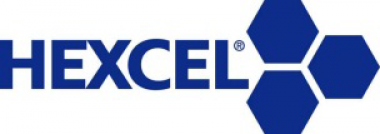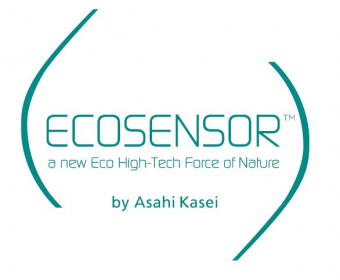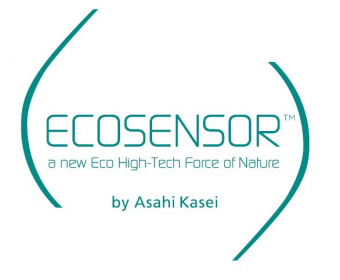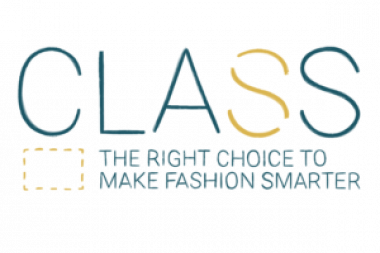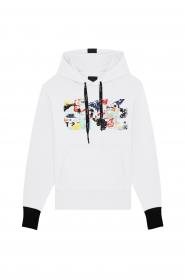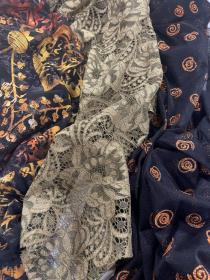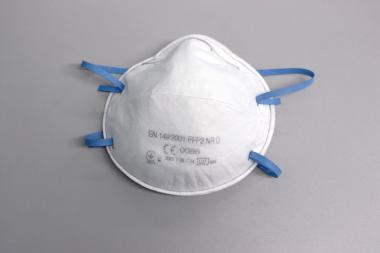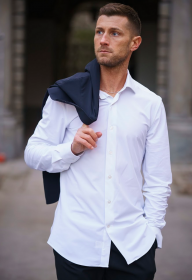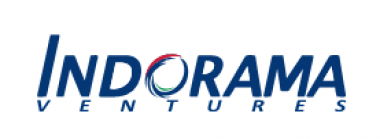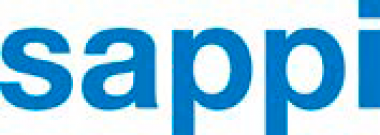Hexcel HexPly® M9.6 Prepregs receive Bureau Veritas Type Approval
Hexcel Corporation has received Type Approval for its HexPly® M9.6GF prepreg products from Bureau Veritas (BV), a leader in testing, inspection, and certification services.
This certification enables carbon fiber-reinforced epoxy prepregs to be used in the production of parts for all BV-approved marine vessels. It also guarantees the quality, performance and consistency of the prepregs for ship and boat builders.
BV-approved HexPly M9.6GF prepregs can be reinforced with unidirectional, non-crimp and twill-weave fabrics. They are particularly suitable for use in the manufacture of masts and other large structural components for wind-assisted ship propulsion (WASP). To reduce reliance on engines and cut fuel usage, WASP vessels harness the power of ocean winds often using large carbon fiber-reinforced masts flying durable composite solid sails.
HexPly M9.6 prepregs were recently used to manufacture the mast for the Chantiers de l’Atlantique Silenseas project. The HexPly M9.6 prepregs satisfied all the requirements of the Silenseas consortium’s mast-section manufacturers for quality, mechanical performance, and processing characteristics, while also proving to be cost effective.
Hexcel Hexcel’s HexPly® Bureau Veritas certification fiber-reinforced epoxy marine industry
Hexcel Corporation / 100% Marketing


